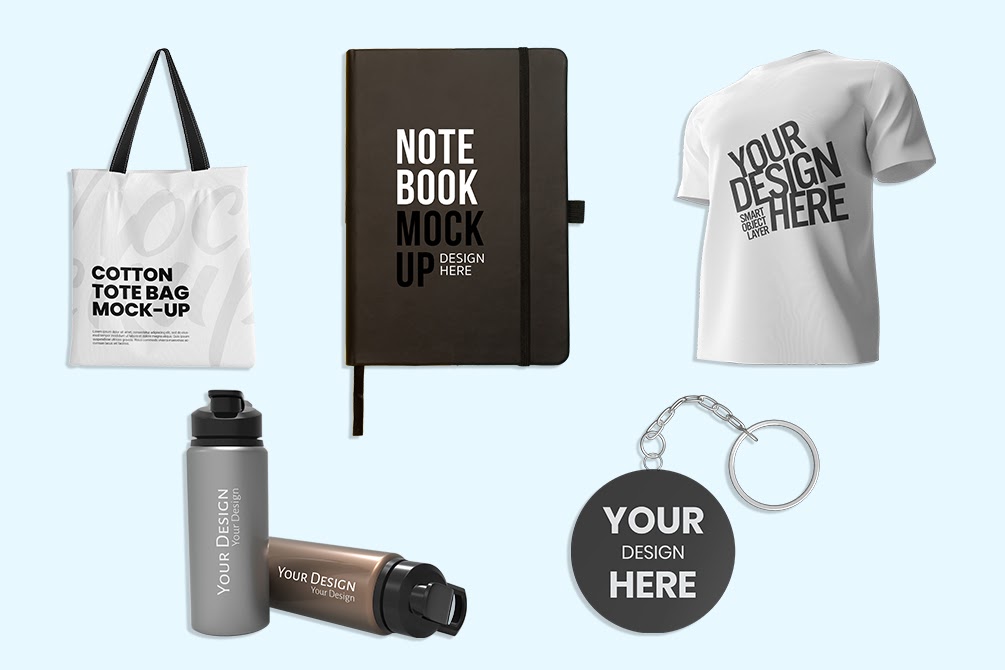Licenses and permits are like fuels. Without proper documentation, you cannot start on your eCommerce journey. When it comes to starting your clothing line business in the USA, this part is crucial. Hence, today we’ve made a list of licenses and permits needed for an online apparel business in the USA.
Before starting any business, deciding on your business entity is crucial.
There are a number of business entities as follows.
– General Stock Corporation
– Close Corporation
– Professional Corporation
– Nonprofit Mutual Benefit Corporation
– Nonprofit Public Benefit Corporation
– Nonprofit Religious Corporation
– Common Interests Development Association
– Limited Liability
– Limited Partnership
– General Partnership
– Limited Liability Partnership
You can also choose to be the sole proprietor of your company.
However, if you are unsure of the business identity, a legal counsel is highly recommendable to avoid future hurdles and maximize your profit seamlessly.
If you are planning to open only an online store, the licenses and permits you need will be only a few and easy-to-acquire. On the other hand, if you also decide to open an offline store alongside, some additional licenses and permits add up.
Also Read: How to Start a T-Shirt Printing Business
Note 1 – The licenses we are going to discuss in the section to follow will be common for both online and offline businesses. The section following this section will discuss some additional licenses or permits for an offline business.
Note 2 – Some of the licenses may vary from a state to another or even from a county to another within the same state. However, there are some common licenses that you will learn here – especially those for offline stores.
Permits and Licenses Must for a Clothing Business (Online or Offline)
– Incorporation Certificate
Whether you have an online or offline business, and incorporation license is important as it shows the date of incorporation or formation of your company.
It is proof that your company ‘exists’ in real life. It also shows your business entity type – whether it is a GP, LLP, LP, etc.
To acquire this, you should file a GP-1 form or ‘Article of Incorporation’ depending on your business entity type. In general, filing a statement of partnership authority (or Form GP1) would suffice for sole proprietors or General Partnerships.
In case you own an LLP, LP, or any other business entity, forms of articles of incorporation based on the entity type will be required.
– Business License (or Business Tax Certificate)
A business license lets you conduct your business anywhere within your city limits. Virtually, all business owners entities need this license for their businesses.
In some states like California, you may need to see ‘County Unincorporated’ for business outside your city limits. For example, if you live in Agoura Hills but want to run a business in Nevada city, you may need to search for ‘ Nevada Unincorporated’.
– Fictitious Business Name (Doing Business as Statement)
If you run your business by any name other than the ‘legal name’ registered, a fictitious business name (DBA) certificate is mandatory. Also known as a ‘Certificate of Assumed Name’ in some states like New York.
For instance, if you use ‘Bill Smith Apparel Store’ in your documents of incorporation, but want to run your business with any name other than this – say ‘Bill Smith Clothing Store’; a DBA certificate will be required. Also, the regulations around this license may also vary from state to state. In general, you can file this certificate at the time of filing documents for incorporation. Often, the statutory requirements to get this certificate are easy to follow and fulfill. It is recommendable to consult your private legal counsel or an attorney to understand the implications of this practice.
Note: In general, sole proprietors or general partnerships don’t need to file this certificate. They just need to file a business certificate as discussed above with the county clerk.
– Employer Identification Number (EIN)
An Employer Identification Number (EIN) is a federal tax ID number Internal Revenue Service (IRS) issue that identifies your business as a distinct tax identity. Technically, it is not a license but an identification number that ensures that your business collects payroll tax and complies with all tax rules and regulations.
Therefore, if you are planning to hire employees down the road, expand your business and open multiple business accounts – an EIN is extremely important to avoid any hassle while filing business taxes in the future.
– Sales and Use Permit (Seller’s Permit)
While a seller’s permit is 100% mandatory for an offline business owner, almost all ecommerce businesses should also acquire it. Nearly all states require you to produce this license as proof that you sell products online legally and comply with all laws. So, make sure that you get this license ready even if you are selling digital or intangible products or services online.
The requirements and fee to obtain this license can vary depending on your state in the USA. Check with your Secretary of State or Department of Revenue to make sure you fulfill all the conditions properly and obtain this permit easily.
– State Tax Information Forms (Sales Tax License)
If you are selling taxable products and services, you must obtain appropriate State Income Tax Forms from the Franchise Tax Board. Filing this state tax information form will help you get a sales tax license. And it is this sales tax license that you will need to fill your annual Business Income Tax Statement (income tax returns).
Note: As sales tax differs from state to state and even from county to county, you must ensure that you comply with the sales tax rules properly. For that, you can always check with your country clerk or revenue officer.
– Home Occupation Permit
Even for businesses operating from their homes, a home occupation permit is necessary. While a home-based ecommerce business can exempt businesses from commercial taxes, but not from this license. In some states, is also ‘Zoning Approval’. Filing for a Zoning Approval ensures that your neighborhood is zoned for home business – and your business is not complying with all parking regulations, permissible noise level regulations, etc.
Check with your city’s government website or visit the office in person to know the regulations you need to follow to acquire this permit.
Permits and Licenses Must for an Offline Clothing Store
Before discussing the permits and licenses for offline businesses, you must understand one thing very clearly. These permits and licenses are subject to the type of your business.
Further, these licenses are also classified at various levels – Federal, State, Regional, County, City. So, always check with your local jurisdiction to ensure that you have obtained all permits and licenses to avoid any issues ahead.
Note: While some of the licenses and permits to follow can also be required in an online business, all of them are a must for an offline business.
So, let’s discuss a few additional permits and licenses that you may need now:
– Burglar Alarm Permit
If you feel that your clothing store requires a security system for alerts – like a burglar alarm; a permit is required. To get this permit, you should contact the police department of your state (or your county to be specific).
– Business Personal Property Statement
Very rarely, you may need to file this annual statement in case you have an ecommerce business; you will definitely need to file it in case you have an offline store. This is because the property you use in business operations – machinery, equipment, trade fixtures, etc. – are taxable and subject to assessment.
Note: Filing a property statement for those businesses with personal property and fixtures with a cost less than $100,000 is generally not mandatory. Even if you have an offline store but your property’s worth doesn’t exceed this amount, you may be exempt from filing this statement.
Again, this upper limit of property’s worth varies from state to state. The above example applies to Los Angeles, California. However, the amount can change for another state. Therefore, checking with your local jurisdiction beforehand is a must.
– Hazardous Waste Management Permit
In case you are handling any hazardous materials, generating or treating hazardous waste, storing that waste in underground storage tanks or above ground in your store; clearance from the Environmental Department is required. This permit is subject to local CUPA/HMUPA and you can visit the Fire Department located in your county or state to acquire knowledge about its rules and regulations.
– Occupational Safety and Health Permit
If you have employees working at your store, you must be ready for an Injury or Illness Prevention Plan. You can get a free consultation service from your state to know how you can assist employees with preventing workplace hazards or unsafe working conditions.
– Wage/Hour Laws
Not exactly a permit, Wage/Hour Laws are the rules and regulations you must comply with laws establishing minimum standards for wages, hours, and working conditions. To ensure you are complying with them all, contact the Labor Commission’s Office of your city to know all the rules and regulations.
– Workers’ Compensation Plan
Maintaining Workers’ Compensation Insurance coverage is a must for businesses with employees – especially for offline businesses. They can do it on either a self-insured basis, or provided through a commercial carrier, or the State Workers’ Compensation Insurance Fund.
Note: In general, this part is the most expensive part. So, you must think and plan well for this before you go for a particular insurance scheme.
All Set to Get Licenses and Permits for Your Clothing Line Business?
Getting proper licenses and permits for your clothing line business saves you from unnecessary issues and problems that can present and pose challenges at any point in time. Hence, ensure that you do have all licenses and permits required as discussed above based on your business entity type and mode.
Note/Disclaimer: Though all the main permits and licenses you need are mentioned above, referring to your city’s government website or visiting your local jurisdiction office is ideal for confirmation and cross-verification.
Meanwhile, you can check out our W2P storefront solution right here.








Follow with us